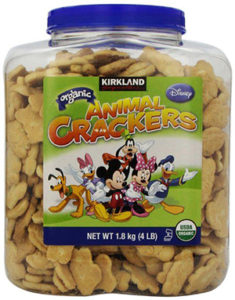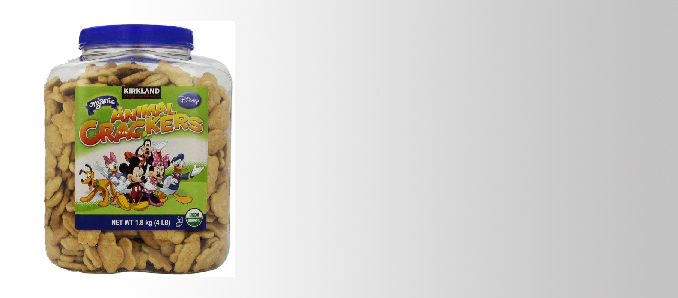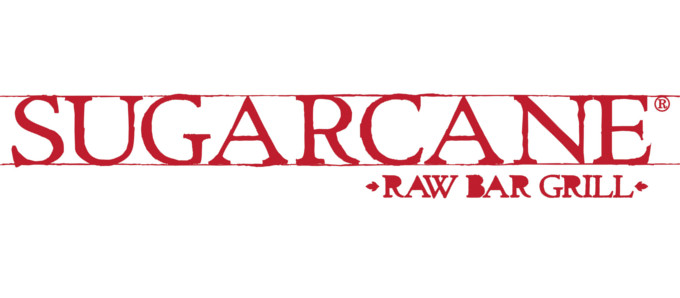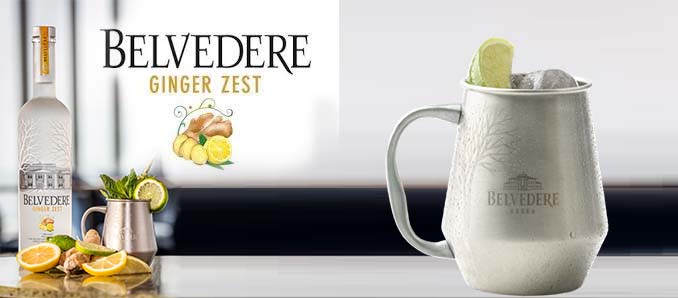National health watchdog launches legal action to eliminate the health threat to children from acrylamide in animal crackers and ginger snaps
 INDEPENDENT testing commissioned by the national health watchdog the Center for Environmental Health (CEH) has found high levels of acrylamide, a chemical known to cause cancer, in a Walgreens store brand animal crackers sold in boxes featuring Disney “Jungle Book” characters. Children who eat just one and a half boxes of animal crackers a year would exceed the annual safety standard for acrylamide exposure under California law. The “whole grain” Walgreens Disney animal crackers had the highest level of acrylamide out of twenty-two animal cracker brands CEH tested. Health conscious parents are likely to choose this “whole grain” treat over white flour animal crackers, since they have no way to know that the whole grain variety contains high levels of the carcinogen “Parents trust companies like Disney and Walgreens to make safe products for their children, but our testing shows that when it comes to these animal crackers, parents just can’t trust in Disney,” said Michael Green, Chief Executive Officer of CEH. CEH has launched legal action against Walgreens and other companies for failing to warn consumers about the high levels of acrylamide in their products. Acrylamide in food has been a serious concern since 2002 when scientists discovered the cancer-causing chemical in many common products. The chemical poses particular threats to young children: given their smaller size and the types of foods they consume, they typically take in twice as much acrylamide, per pound of body weight, as adults. In pregnant women, higher levels of dietary acrylamide have been linked to reduced birth weight and head circumference, key indicators of a child’s future health.
INDEPENDENT testing commissioned by the national health watchdog the Center for Environmental Health (CEH) has found high levels of acrylamide, a chemical known to cause cancer, in a Walgreens store brand animal crackers sold in boxes featuring Disney “Jungle Book” characters. Children who eat just one and a half boxes of animal crackers a year would exceed the annual safety standard for acrylamide exposure under California law. The “whole grain” Walgreens Disney animal crackers had the highest level of acrylamide out of twenty-two animal cracker brands CEH tested. Health conscious parents are likely to choose this “whole grain” treat over white flour animal crackers, since they have no way to know that the whole grain variety contains high levels of the carcinogen “Parents trust companies like Disney and Walgreens to make safe products for their children, but our testing shows that when it comes to these animal crackers, parents just can’t trust in Disney,” said Michael Green, Chief Executive Officer of CEH. CEH has launched legal action against Walgreens and other companies for failing to warn consumers about the high levels of acrylamide in their products. Acrylamide in food has been a serious concern since 2002 when scientists discovered the cancer-causing chemical in many common products. The chemical poses particular threats to young children: given their smaller size and the types of foods they consume, they typically take in twice as much acrylamide, per pound of body weight, as adults. In pregnant women, higher levels of dietary acrylamide have been linked to reduced birth weight and head circumference, key indicators of a child’s future health.
Last year, the FDA issued recommendations to consumers for reducing their exposure to acrylamide-tainted foods and released a document giving food companies guidance on how to reduce the chemical in their products. Acrylamide is formed during frying, roasting, broiling, toasting or baking that results in browning of foods. In general, foods cooked to darker colors have higher acrylamide levels. Studies have shown that using different varieties of certain crops, changing temperatures of food storage and processing, and other food handling practices can lower levels of acrylamide in food. Last month, CEH reached a legal agreement with Cornfields Inc, a leading private label snack food maker, requiring the company to significantly reduce the levels of acrylamide in its products. Other animal crackers found by CEH to contain levels of acrylamide requiring a warning under California law were: Barbara’s (Weetabix) Snackimals Vanilla Cookies; Stauffer’s Animal Crackers Original; Gold Emblem (a CVS store brand); Kirkland Signature organic (a Costco store brand); Mi-Del Gluten-free Arrowroot Cookies; Cookies Animalitos Galletas (La Moderna brand); and Galletas de Animalitos Con Betun brand.
Animal Crackers Original; Gold Emblem (a CVS store brand); Kirkland Signature organic (a Costco store brand); Mi-Del Gluten-free Arrowroot Cookies; Cookies Animalitos Galletas (La Moderna brand); and Galletas de Animalitos Con Betun brand. CEH has also tested ginger snap cookies for acrylamide, finding eight out of seventeen brands tested with high levels of the chemical. Brands with acrylamide in violation of California law include Pepperidge Farm Ginger Family Cookies, Nabisco Ginger Snaps, Market Pantry (a Target store brand) Gingersnaps, Signature Kitchens (an Albertson’s store brand) Ginger Snaps, and others. The Center for Environmental Health has a 20-year track record of protecting children and families from harmful chemicals in our air, water, food and in dozens of everyday products. CEH also works with major industries and leaders in green business to promote healthier alternatives to toxic products and practices. In 2010, the San Francisco Business Times bestowed its annual “Green Champion” award to CEH for its work to improve health and the environment in the Bay Area and beyond.








